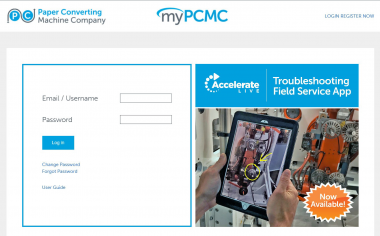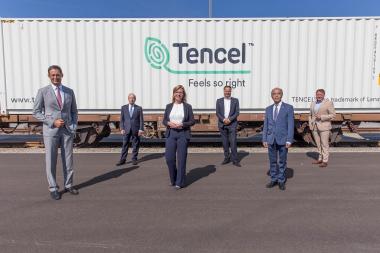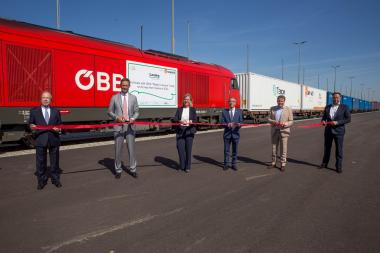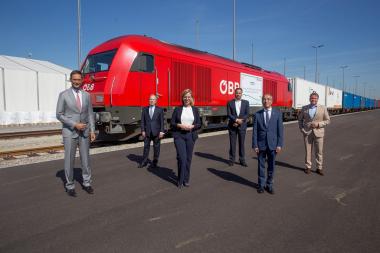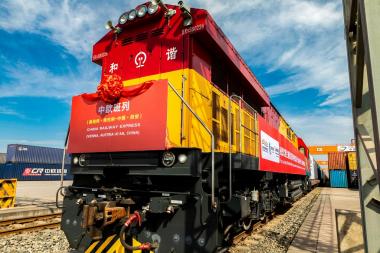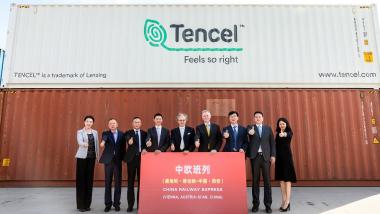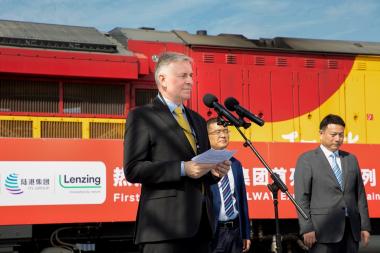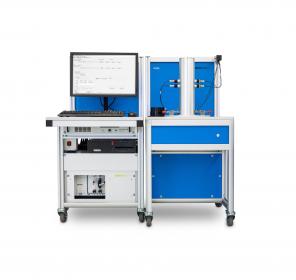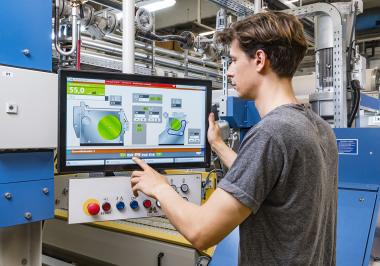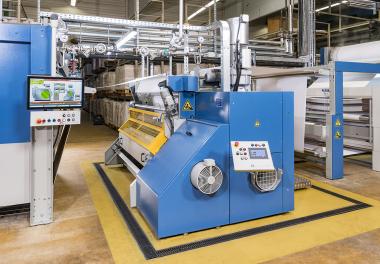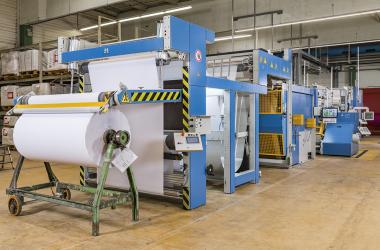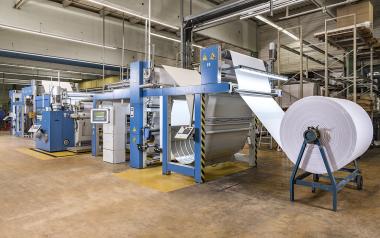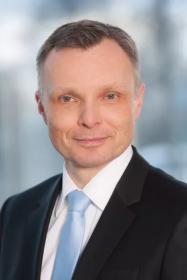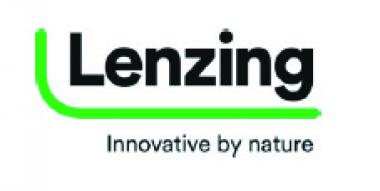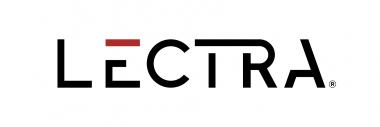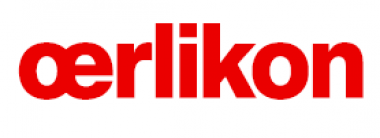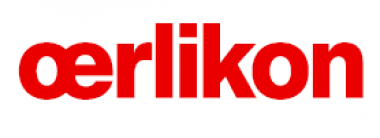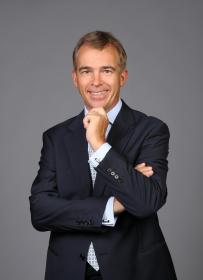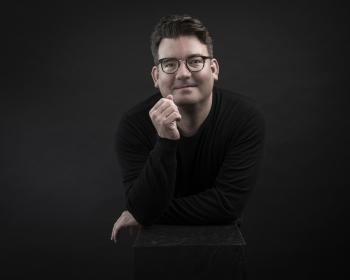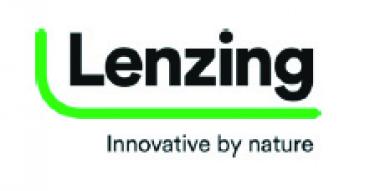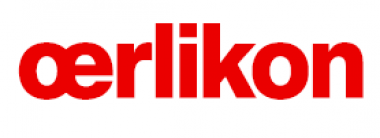myPCMC unlocks critical machine documentation for customers
New online tool provides users with fast, secure access to manuals and training materials
Paper Converting Machine Company (PCMC), part of Barry-Wehmiller, has launched an innovative online documentation portal, designed to elevate customer trust and ensure the safe operation, maintenance and ownership of all PCMC machines.
Known as myPCMC, the tool provides customers with instant access to parts manuals, controls manuals, operator instruction manuals and training materials for their specific machines. After entering a personalized login, users can easily navigate to the needed documentation, which is organized by location and machine. To access myPCMC, all users need is a web-enabled device (computer, tablet or smartphone) and an internet connection.
With myPCMC, customers are guaranteed to be viewing and using the latest version of their machine documentation — PCMC can easily upload revised files and notify customers about changes within minutes. Furthermore, this new online portal not only enhances today’s machine documentation, but myPCMC also provides a platform for future documentation needs, making it possible to share videos, 3D machine models and other interactive files.
Paper Converting Machine Company PCMC
Paper Converting Machine Company PCMC


